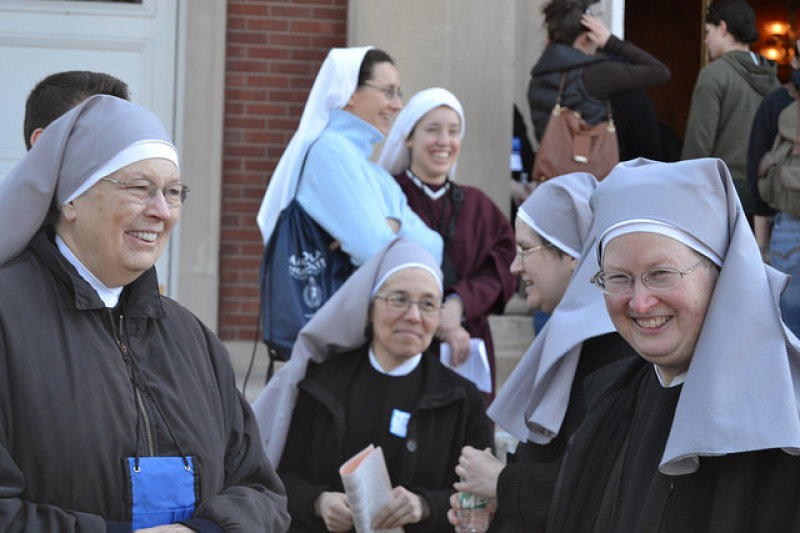
The Supreme Court sent the Little Sisters of the Poor case regarding to what extent religiously affiliated employers must be involved in providing contraceptive coverage back to the federal appeals courts.
"The Court expresses no view on the merits of the cases," the court said in an opinion.
The government has tried to accommodate objections from religious employers in having to pay for or being complicit in allowing birth control in their employees' health plans while making sure that female employees receive contraceptive coverage.
While houses of worship are exempt from the mandate, religious nonprofits must notify the government of their religious objections, prompting a third-party administrator to provide coverage. However, religious employers claim that the act of notifying the government of their objections equates to being complicit in providing contraceptive coverage.
In March, the court requested each side for supplemental briefs that draft possible ways in which the two sides can compromise. The court has suggested that "such an option is feasible."
The Little Sisters of the Poor and other religious organizations will not be fined while the cases are under review.
Sending the case back to the appeals court to make new decisions ""afford[s] an opportunity' for the parties and Court of Appeals to reconsider the parties' arguments in light of petitioners' new articulation of their religious objection and the Government's clarification about what the existing regulations accomplish."



















